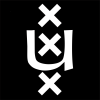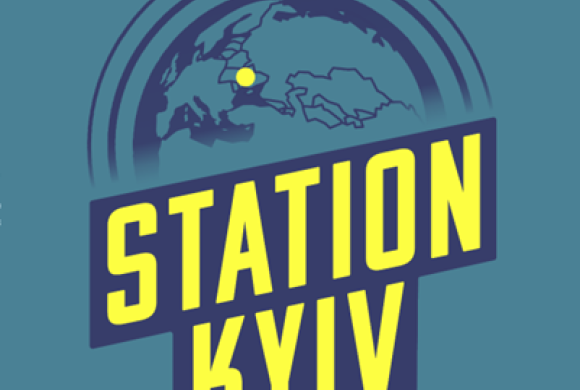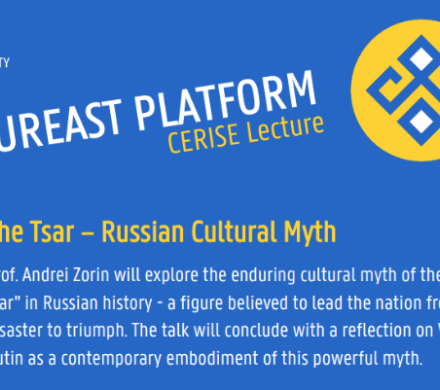
‘Cain, where is Abel your brother?’ These words were written on a sign that the Russian writer Maxim Osipov upheld during a small-scale anti-war protest in his hometown Tarusa, directly following the full-scale Russian invasion of Ukraine. Not long after, Osipov left his country.
Shame, self-hatred: these are the words with which he typifies the first days after the invasion. In this lecture, Osipov reflects on migration, guilt, and the difficult question: what can literary writing (not) do in times of war? Associate professor of modern German and Russian culture Dorine Schellens and senior lecturer of Russian Literature Otto Boele (both University of Leiden) join Osipov as, respectively, moderator and discussant.
Maxim Osipov
Maxim Osipov is a Russian writer and cardiologist. In the early 1990s, he was a research fellow at the University of California, San Francisco, before returning to Moscow, where he founded a publishing house that specialized in medical, musical, and theological texts. In 2005, while working at a local hospital in Tarusa, a small town ninety miles from Moscow, Osipov established a charitable foundation to ensure the hospital’s survival. Since 2007, he has published short stories, novellas, essays, and plays, and has won a number of literary prizes for his fiction. Osipov’s writings have been translated into more than a dozen languages. He lived in Tarusa up until February 2022, when he left Russia. Now, he lives in Amsterdam and teaches Russian literature at Leiden University.
Dorine Schellens
Dorine Schellens is an assistant professor of modern German and Russian culture and literature at Leiden University. Her research focuses on the interaction between Russian and German cultural history of the late 20th and 21st centuries. In her book Kanonbildung im transkulturellen Netzwerk (Transcript 2021) she wrote about the reception history of the Moscow Conceptualist movement, an underground art movement that emerged in the Soviet Union in the 1970s and became enormously popular in Germany, in particular after the Wende. She also publishes on contemporary Russian protest art and literature.
Otto Boele
Otto Boele is a senior lecturer of Russian literature at the University of Leiden. He is the author of The North in Russian Romantic Literature (1996) and Erotic Nihilism in Late Imperial Russia. The Case of Mikhail Artsybashev’s “Sanin” (2009). He is co-editor of the collection Post-Soviet Nostalgia. Confronting the Empire’s Legacies (2019), as well as of the online journal Kinokultura.com. In 2022, he released a podcast series called “Scandals and Controversies in Russian literature” (in Dutch). Currently he is teaching and working on the cultural memory of the 1990s in literature and film.





